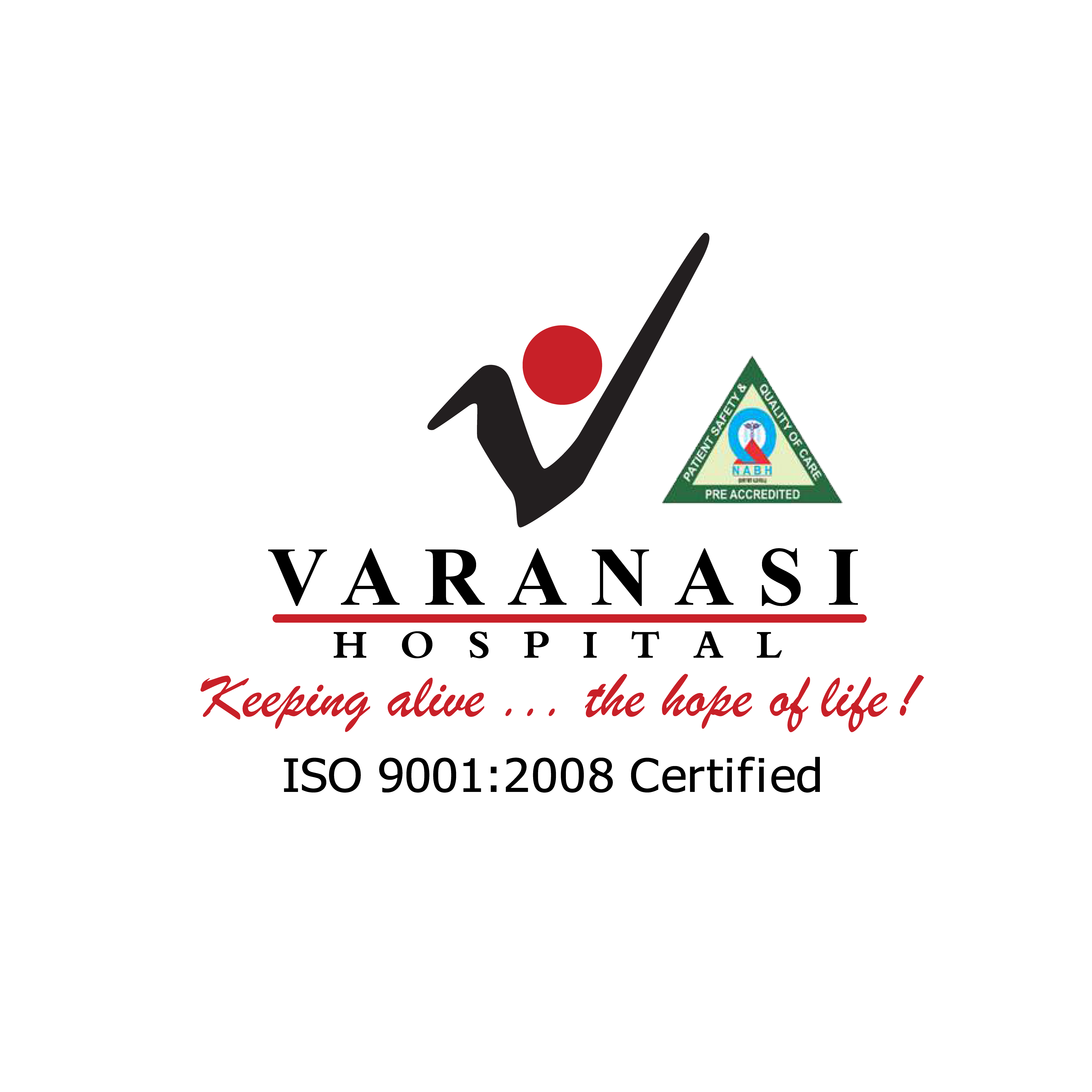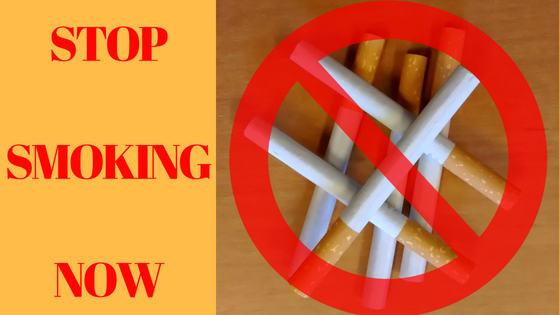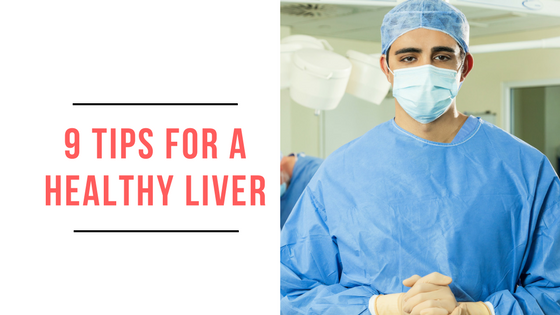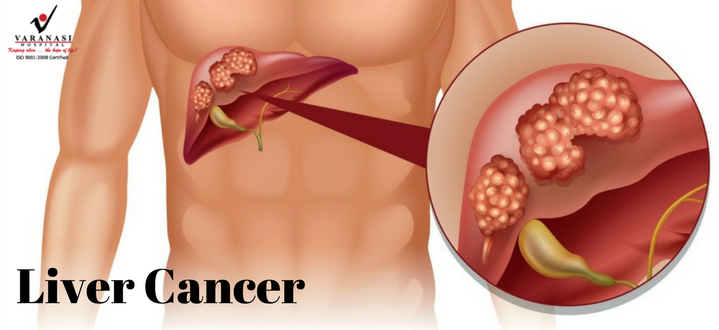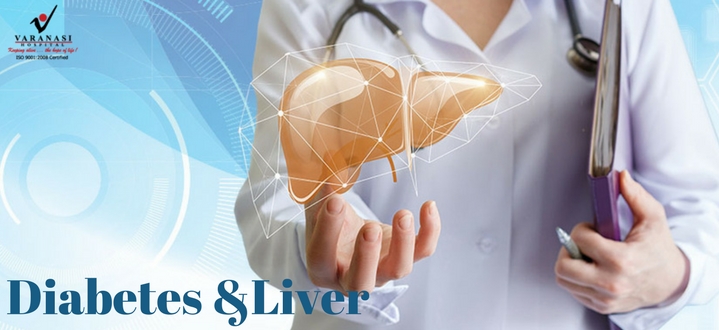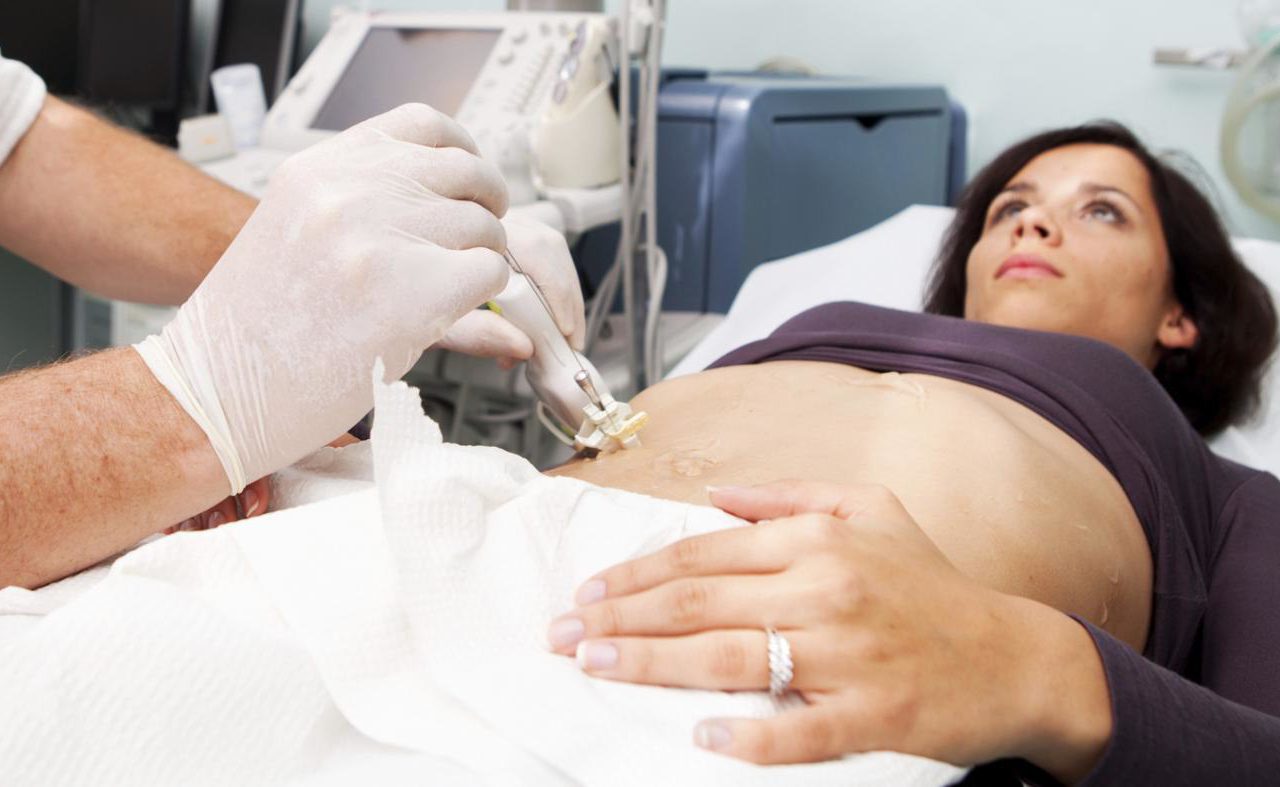How Smoking Affects Your Health?
Smoking affects the entire body, increasing the risk of many life-threatening diseases. Which includes lung cancer, emphysema, liver diseases leading to operation and heart disease. Smoking also contributes to many cancers and diseases of the digestive system.
The liver, pancreas, and gallbladder are the solid organs of the digestive system. The digestive system helps the body digest food, which includes breaking food down into nutrients the body needs. Nutrients are substances the body uses for energy, growth, and cell repair.
Smoking has been found to increase the risk of cancers of the:
-
Mouth
-
Esophagus
-
Stomach
-
Pancreas
-
Liver
-
Colon
-
Rectum
Smoking contributes to many common disorders of the digestive system, such as heartburn and gastroesophageal reflux disease, peptic ulcers, and some liver diseases. Smoking increases the risk of Crohn’s disease, colon polyps, and pancreatitis, and it may increase the risk of gallstones too, but the liver endures the most damages.
The liver is the largest organ in the digestive system. The liver carries out many functions, such as making important blood proteins and bile, changing food into energy, and filtering alcohol and poisons from the blood. Research has shown that smoking harms the liver’s ability to process medications, alcohol, and other toxins and remove them from the body. In some cases, smoking may affect the dose of medication needed to treat an illness.
Smoking may worsen some liver diseases, which may lead to a liver operation. Smoking can turn your healthy body the victim of primary biliary cirrhosis, a chronic liver disease that slowly destroys the bile ducts in the liver. Nonalcoholic fatty liver disease, a condition in which fat builds up in the liver.
Liver diseases may progress to cirrhosis, a condition in which the liver slowly deteriorates and malfunctions due to chronic injury. Scar tissue then replaces healthy liver tissue, partially blocking the flow of blood through the liver and impairing liver functions.
Smoking also affects the pancreas. Excessive smoking increases the risk of developing pancreatitis. Pancreatitis is inflammation of the pancreas, which is located behind the stomach and close to the duodenum. The pancreas secretes digestive enzymes that usually do not become active until they reach the small intestine. When the pancreas is inflamed, the digestive enzymes attack the tissues of the pancreas.
Gallstones can occur as the result of smoking. Some studies have shown that smoking may increase the risk of developing gallstones. Gallstones are small, hard particles that develop in the gallbladder, the organ that stores bile made by the liver. Gallstones can move into the ducts that carry digestive enzymes from the gallbladder, liver, and pancreas to the duodenum, causing inflammation, infection, and abdominal pain.
Apart from these, smoking can cause so many other severe problems. Excessive use of tobacco can lead you to liver operation with other diseases too. On 31st May, we observe World Tobacco Day, so let’s take a resolution to quit smoking for the good of our own good.
